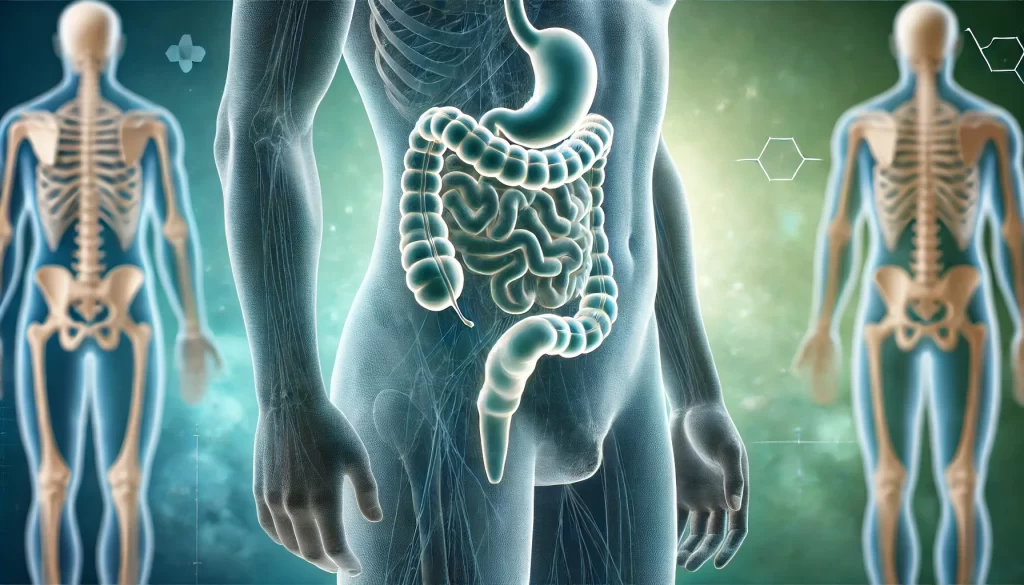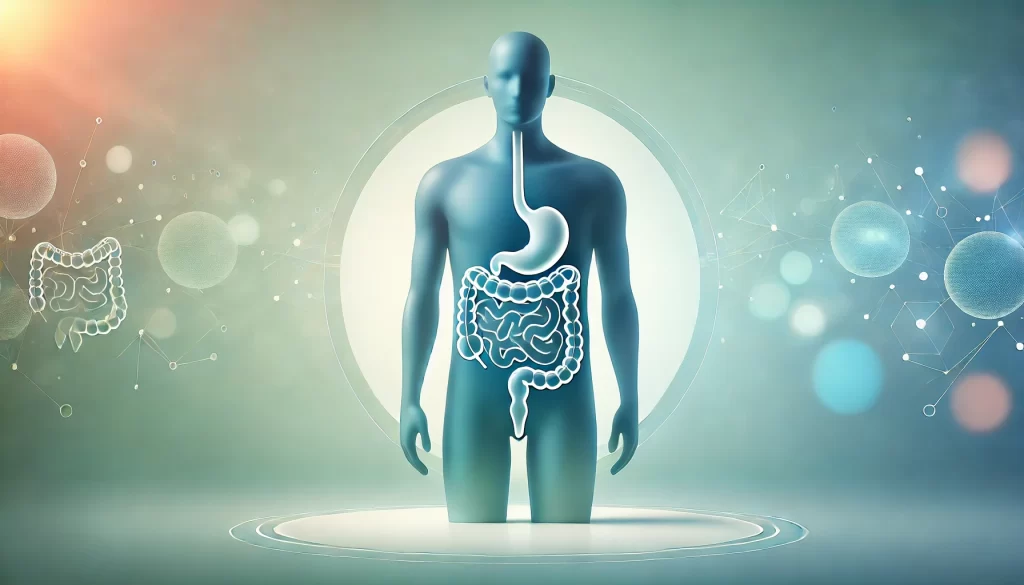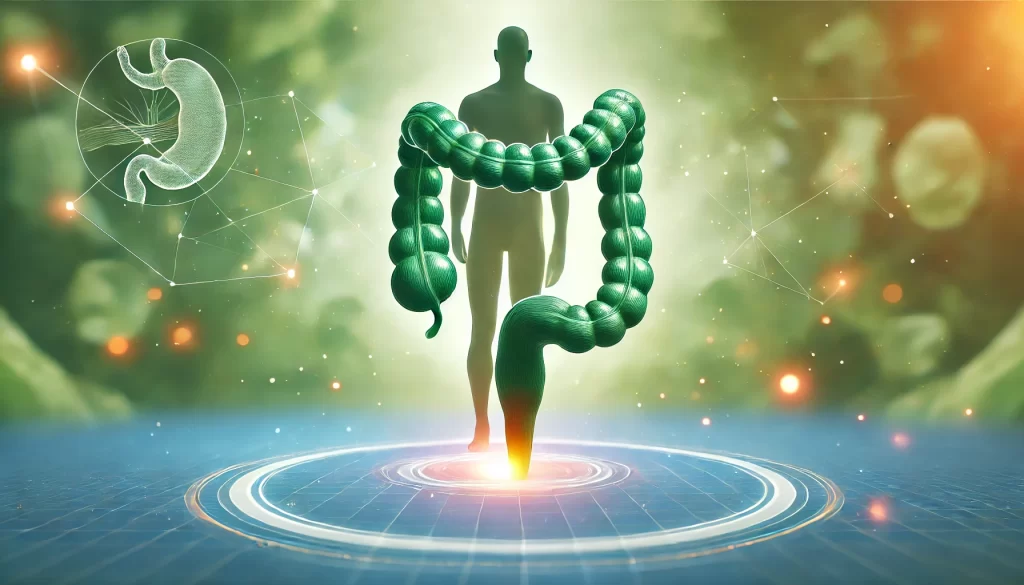Table of Contents
When you first hear, “Can you live without a colon?” it might sound alarming or even impossible. After all, the colon, or large intestine, is a crucial part of the digestive system. But believe it or not, many people live without their colon, often due to severe health conditions that require its removal. In this article, we’ll delve into the realities of living without a colon, exploring how your body adapts, what changes you might face, and how you can continue to lead a healthy and fulfilling life. By the end, you’ll clearly understand life without this vital organ and how to manage the transition effectively.
Can You Live Without a Colon? Understanding the Colon’s Role

The colon, or large intestine, is a significant part of your digestive system. Its primary function is to absorb water and salts from the food remnants that pass through the small intestine. After absorbing these vital nutrients, the colon helps form and store waste until it’s ready to be expelled from the body. This process not only aids in digestion but also helps maintain your body’s fluid balance, which is essential for overall health. Without a colon, these functions must be taken over by other parts of your digestive system, leading to significant changes in your body’s operations.
Can You Live Without a Colon in Daily Life?
The colon plays an unsung hero role in our daily lives. Without it, we couldn’t manage waste efficiently, leading to potential health issues. The colon also houses a large portion of our gut microbiome, which is crucial to our immune system and overall health. This makes the idea of living without a colon seem daunting. Still, with the proper medical care and lifestyle adjustments, it is entirely possible to live a healthy life even after colon removal.
Why Might You Need to Live Without a Colon?
Can You Live Without a Colon Due to Medical Conditions?
One of the most common reasons for removing the colon is due to medical conditions that are either life-threatening or severely impact the quality of life. Colon cancer is perhaps the most well-known reason for a colectomy, the surgical procedure that removes part or all of the colon. Other conditions, such as Crohn’s disease and ulcerative colitis, are chronic inflammatory bowel diseases that can cause severe damage to the colon, making its removal necessary. A colectomy may be required in certain situations due to severe diverticulitis, which is an infection or inflammation of tiny pouches that can form in the colon’s walls.
Can You Live Without a Colon After Different Types of Surgery?
Colon removal surgery, or colectomy, can vary depending on the extent of the disease. A partial colectomy removes only the colon’s diseased portion, leaving the healthy parts intact. In contrast, a total colectomy involves the removal of the entire colon. In some cases, a proctocolectomy, which consists of removing both the colon and rectum, might be necessary. The type of surgery performed will depend on the specific condition and its severity, and each has its own set of post-operative considerations.
What to Expect When You Live Without a Colon

Can You Live Without a Colon and Adapt Physically?
Living without a colon means significant changes to how your body processes food and waste. After colon removal, the small intestine takes over some of the functions previously handled by the colon. Since the small intestine is less efficient at absorbing water, you may experience more frequent bowel movements, often in loose stools. If left untreated, this illness, sometimes referred to as “short bowel syndrome,” can also result in malnutrition and dehydration. However, many people find these symptoms improve over time as the body adjusts.
Can You Live Without a Colon by Making Dietary Adjustments?
Diet is a critical factor in managing life without a colon. Without this vital organ, you may need to adjust your diet to help your body adapt to its new food processing method. Foods high in fiber, for example, can be challenging to digest and may lead to discomfort. Instead, you might need to focus on easily digestible foods low in fiber, such as white rice, bananas, and lean proteins. Staying hydrated is also essential, as your body will be less efficient at absorbing water. Working with a nutritionist can help you develop a balanced diet that supports your health and well-being.
Managing Digestive Health When You Live Without a Colon
In addition to dietary changes, you may need to take medications to manage symptoms like diarrhea or to help your body absorb nutrients more effectively. Probiotics and other supplements can also play a role in maintaining digestive health. Regular follow-ups with your healthcare provider are essential to monitor your condition and make any necessary adjustments to your treatment plan.
Emotional and Psychological Impact of Living Without a Colon
Can You Live Without a Colon and Handle the Emotional Challenges?
The emotional impact of living without a colon can be significant. It’s not just about the physical changes; it’s about adjusting to a new way of life. You might feel anxious about how others perceive you, especially if you have a visible stoma (an opening in the abdomen connected to a colostomy bag). You may also worry about your health and how your life will change. These feelings are entirely normal, and it’s essential to address them rather than letting them build up.
Seeking Support When You Live Without a Colon
Building a support system is crucial for coping with these emotional challenges. Talking to friends, family, or a mental health professional can provide much-needed comfort and guidance. There are also online and in-person support groups to connect with others who have undergone similar surgeries. By sharing your experiences and seeking guidance from others, you might feel less alone and more prepared to manage your new lifestyle.
Long-Term Health Considerations for Living Without a Colon
Can You Live Without a Colon with Regular Monitoring and Medical Care?
Even after the initial recovery period, it’s essential to have regular check-ups with your healthcare provider. These visits help ensure that your body adjusts well to life without a colon and that any potential complications are caught early. Your doctor might perform blood tests to check your nutrient levels, recommend supplements, or adjust your diet and medication.
Also Read: Spoon Theory Mental Health: Unlocking Hidden Strengths Daily
Staying Informed and Educated to Live Without a Colon Successfully
Staying informed about your condition is one of the best ways to manage your health in the long term. Keep up with the latest research on living without a colon, and don’t hesitate to ask your doctor questions. The more you know, the more confident you’ll feel about managing your health and making the right decisions.
So, can you live without a colon? The answer is a resounding yes. While the prospect of losing such an essential part of your digestive system might seem daunting, countless people have successfully adjusted to life after colon removal. By understanding the physical and emotional changes that come with this surgery, making necessary dietary and lifestyle adjustments, and seeking the proper support, you can continue to lead a healthy and fulfilling life.



